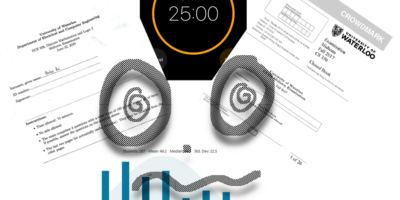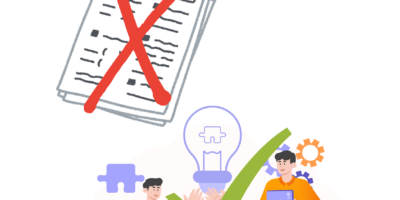The internet is full of stories about hilarious and sometimes offensive WiFi names. However, that does not mean that there should be no limits on what you can or cannot name your devices. When I look at the available WiFi networks from my house here in Waterloo they are a mishmash of nerdy and boring. However, what happens when people take it too far? The “Al Quida Free Terror Nettwork [sic]” that stopped the LAX flight may be an extreme example, but WiFi names are visible to the everyone. How would you feel moving into a new house only to find out that your neighbor’s WiFi is named “We hate nerds” or “KKK forever!”? How would you retaliate? Would you change your own WiFi password to something like “nerds rule the world” or “all people made equal”? At some point would this rivalry escalate to more than virtual name calling to include damage of property and possibly even physical blows?
Words have great power. This is undeniable. Although the massive volume of words encountered by the average person in the information age does dampen their effects somewhat, it does not dampen the fear felt when a negative intention is made clear. “With great power comes great responsibility” were the words written by 19th century French writer Voltaire. He wrote them in response to the abuse of privilege and authority he saw while the poor suffered around him. In this case many members of the upper class were simply oblivious to the plight of those outside their social circles. Similarly the average person does not realize the power that has been bestowed upon them with the advent of the internet.
The things that are said do not only go to the intended recipient but can also be disseminated easily to people using the internet at large. Small things like using ‘gay’ in a derogatory sense and other rude and discriminatory terms can be perceived very differently when seen out of context. This can even create invisible boundaries between the writer and the anonymous recipients. This anonymous consumer could be as harmless as your neighbor being offended by your WiFi name, or as damaging as terrorists using your messages to further their own agendas. Don’t forget that it is messages posted on the internet which are responsible for ISIS recruits from first world countries.
Freedom of speech is an important human right which is critical to any democratic society. However, there should be limitations to ensure that free speech does not result in infringement on other human rights. This is why publication bans on trials exist to ensure that the reputation of victims and witnesses are protected from potentially harmful public opinion. Similar rules, along with a very hearty dose of common sense, should be applied to our internet activities. This goes doubly for WiFi hotspots which are visible to anyone with an internet-enabled device.
When it comes to airports it should go without saying that any mention of a safety threat—such as bombs or terrorist groups—should be given a wide berth. Passengers of the American Airlines Flight 136 from LAX to London certainly weren’t laughing when their flight was delayed for 17 hours. Because modern airplanes are nearly completely automated, hacking is a very real security risk. Leaving the plane grounded caused considerable inconvenience to passengers and a large financial hit for every hour the plane sat on the tarmac. However they were all considered worth it to prevent the loss of life experienced in the 1988 Lockerbie terrorist bombing, the Air India 182 b0mbing, or another 9/11.
Anywhere other than an airport a WiFi called “Al Quida Free Terror Nettwork” probably wouldn’t attract a lot of notice. After all we see WiFi networks called “FBI Surveillance Van” all the time and don’t even give it a second thought. In this case, the WiFi name could have more sinister intentions. It could be the signal to someone with a bomb or the beginning of some sort of cyber attack. Jokes like this strike unnecessary fear into the hearts of people around the world. It is important that there be a high price for the perpetrators of these kinds of disturbances, and appropriate consequences. Just like with publication bans, there should be legal repercussions when the actions of an individual have seriously affect the well-being of the public. Although having legal repercussions won’t dissuade any serious threats, it will make people think twice before choosing to name their WiFi password to something offensive.
The purpose of Freedom of speech is to allow an individual to live the life that they want while respecting the way others want to live. There should be rules and regulations for when one person has gone too far thus impeding another person’s freedom to live how they like. As technologies change with increasing speed, related laws will also have to change more and more quickly.




Leave a Reply